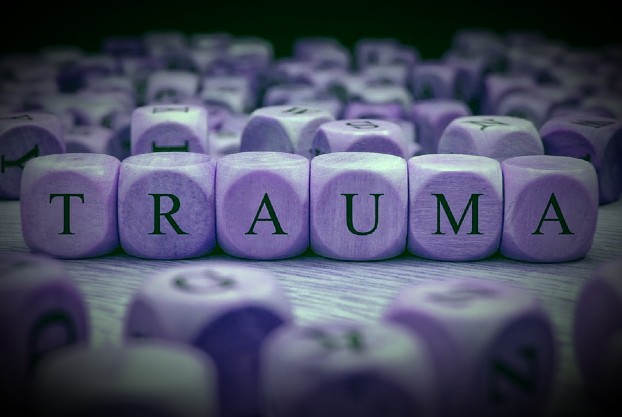In the whirlwind of our modern lives, where stress and challenges abound, it's easy to forget that emotional wounds can run just as deep as physical ones. Trauma, whether it stems from a single distressing event or a prolonged period of stress, has a lasting impact on our mental and emotional well-being.
Trauma counselling is a specialized form of therapy aimed at helping individuals cope with and heal from traumatic experiences. Trauma can take many forms, from physical abuse to emotional neglect, natural disasters, accidents, or even the stress of living in today's hectic world.
The primary goal of trauma based therapy is to guide individuals through the process of understanding, processing, and eventually healing from their traumatic experiences. This form of therapy provides a safe and supportive environment where clients can explore their feelings, thoughts, and reactions related to their trauma. Our fast-paced, interconnected world comes with a unique set of challenges that can lead to trauma. The constant pressure to meet deadlines, maintain social connections, and juggle numerous responsibilities can create a breeding ground for emotional distress. Here are some reasons why trauma counselling is essential in today's society:
Increasing Incidence of Trauma: With the rise in various stressors such as work-related stress, cyberbullying, and societal pressures, the incidence of trauma has increased. Counselling helps individuals navigate these challenges and build resilience.
Breaking the Stigma: Thankfully, societal attitudes towards mental health are evolving. However, stigma still exists. Therapy helps break down these barriers, encouraging individuals to seek help without fear of judgment.
Holistic Healing: Trauma based counselling goes beyond addressing symptoms. It delves deep into the root causes of trauma, helping individuals achieve holistic healing and a higher quality of life.
If you're considering, you may have some trauma counselling questions. Let's address some of the most common ones:
1. Is trauma counselling only for severe trauma?
No, counselling is not limited to extreme cases. While it is crucial for severe trauma, it can also be beneficial for individuals who have experienced less severe but still distressing events. Trauma is subjective, and what may be traumatic for one person may not be the same for another.
2. How long does counselling take?
The duration of counselling varies from person to person and depends on the severity of the trauma and individual progress. Some individuals may find relief and healing in a few months, while others may require longer-term support. The counsellor will work with you to determine the best course of action.
3. What happens in a trauma therapy session?
In a session, you'll have the opportunity to discuss your experiences, feelings, and reactions in a safe and confidential environment. The counsellor will listen, offer guidance, and provide tools to help you cope with and heal from your trauma.
4. Will I have to relive my trauma during counselling?
Counselling does not require you to relive your trauma in a distressing way. The process is gradual and guided by the counsellor, ensuring that you feel safe and supported throughout. The goal is to help you process your trauma, not retraumatize you.
5. How do I choose a trauma counsellor?
Choosing the right trauma counsellor is essential. Look for a licensed therapist with experience in trauma based treatments. It's crucial to find someone you feel comfortable with and trust. Don't hesitate to schedule initial consultations with a few counsellors to find the best fit for you.
6. Is trauma therapy effective?
Yes, counselling has been shown to be effective in helping individuals heal from trauma. Research and countless success stories demonstrate its value in improving mental and emotional well-being and helping individuals regain control over their lives.
7. Can I combine trauma based counselling with other forms of therapy?
Absolutely. Depending on your unique needs, you can combine trauma based counselling with other therapeutic approaches, mindfulness practices, or group therapy. Your counsellor will work with you to create a tailored treatment plan.
In today's modern world, where stressors are abundant and the need for emotional resilience is paramount, counselling for trauma plays a vital role in helping individuals heal and thrive. It offers a safe and supportive environment to explore the impact of trauma, process emotions, and ultimately reclaim a sense of control over one's life. If you're considering therapy, don't hesitate to reach out to a qualified therapist. Remember, healing is possible, and with the right support, you can overcome the challenges of the past and create a brighter future. Your mental and emotional well-being deserve the care and attention that counselling can provide.

